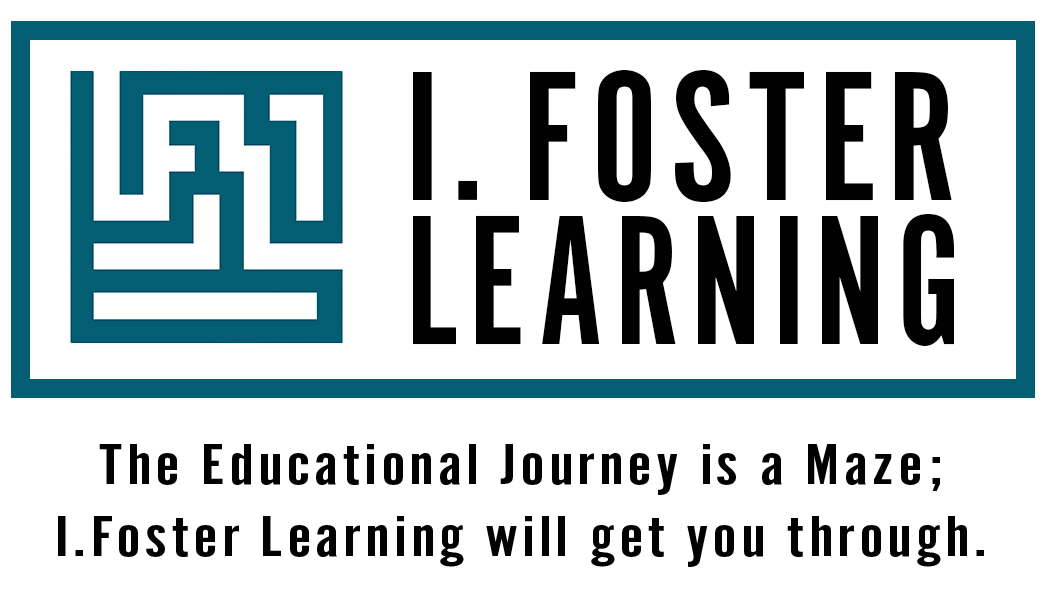Finding the right writing topic
The end of October announces another writing season - personal statements, parent statements, college supplements, etc. Our students often say that the hardest part of writing isn’t actually the writing itself - it’s finding the right topic. If students (or anyone who’s writing) can find something about which they have something to say, the rest usually can take care of itself. So how do you make that first step?
-first, it’s important to commit to telling the truth. That’s not just ethical best practice - it actually makes the writing process easier. The thing that really happened, or the idea that you really believe in, will flow more easily onto the page than something that’s made up or imagined. Rest assured that you’ll have something to say that’s also true!
-recognize that what’s innocuous or obvious to you is special to someone else. To take an example from my own life, I grew up in a house without a TV. Of course I knew that we were different because of that, but other than the occasional awkward exclusion from a conversation about the recent popular show, I never thought it’d be an interesting enough element about me to share. But if I were writing a college essay today, that’s absolutely something I’d write about - how that unique feature made an impact on me, both for good and for bad.
-find a partner to exchange ideas with. As a continuation of the prior suggestion, someone else might get excited about something that you find obvious or workaday. It doesn’t even have to be someone who knows you that well (as long as it’s someone you trust) - in fact, unfamiliarity could force you to articulate aspects of yourself that your friends already know about you. Share any special talents or important beliefs you have; name the power you’d have if you were a superhero; describe something you're afraid of. By talking out your story, you also get a trial run of how you’re going to tell your story in written form.
-don’t stop once you have one good idea - make sure you have three or even four that you can bring into the brainstorming phase. You might only have one interesting thing to say about your first idea - but you might have five things to say about your third idea. Coming up with more than one idea avoids you getting stuck when you’re in the drafting process.
-recognize what the story is really about. In my TV example, it wasn’t about not having the device in my house. It was really about navigating high school feeling different, and what that meant for me. That’s what the reader (colleges, your English teacher, the literary journal) is interested in.
-finally, commit to a topic that you can see yourself spending serious time on. The college personal statement is likely to be the document that you will revise the most - it’s important that you’re writing about something that you’re excited about, in order to get through the ups and downs of the process.
Have fun with this! As always, let us know if we can help!
